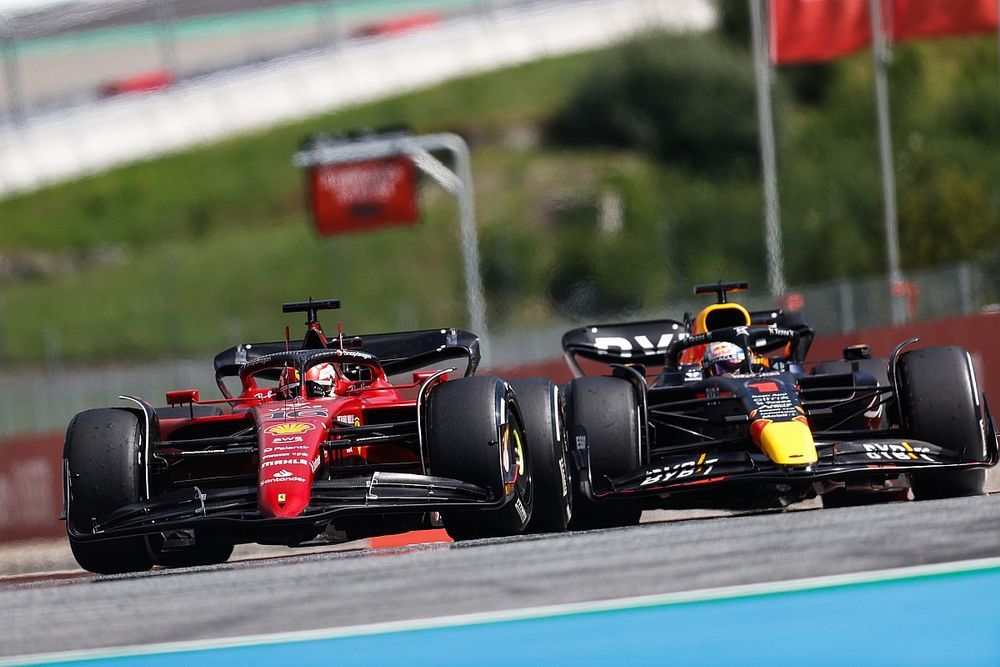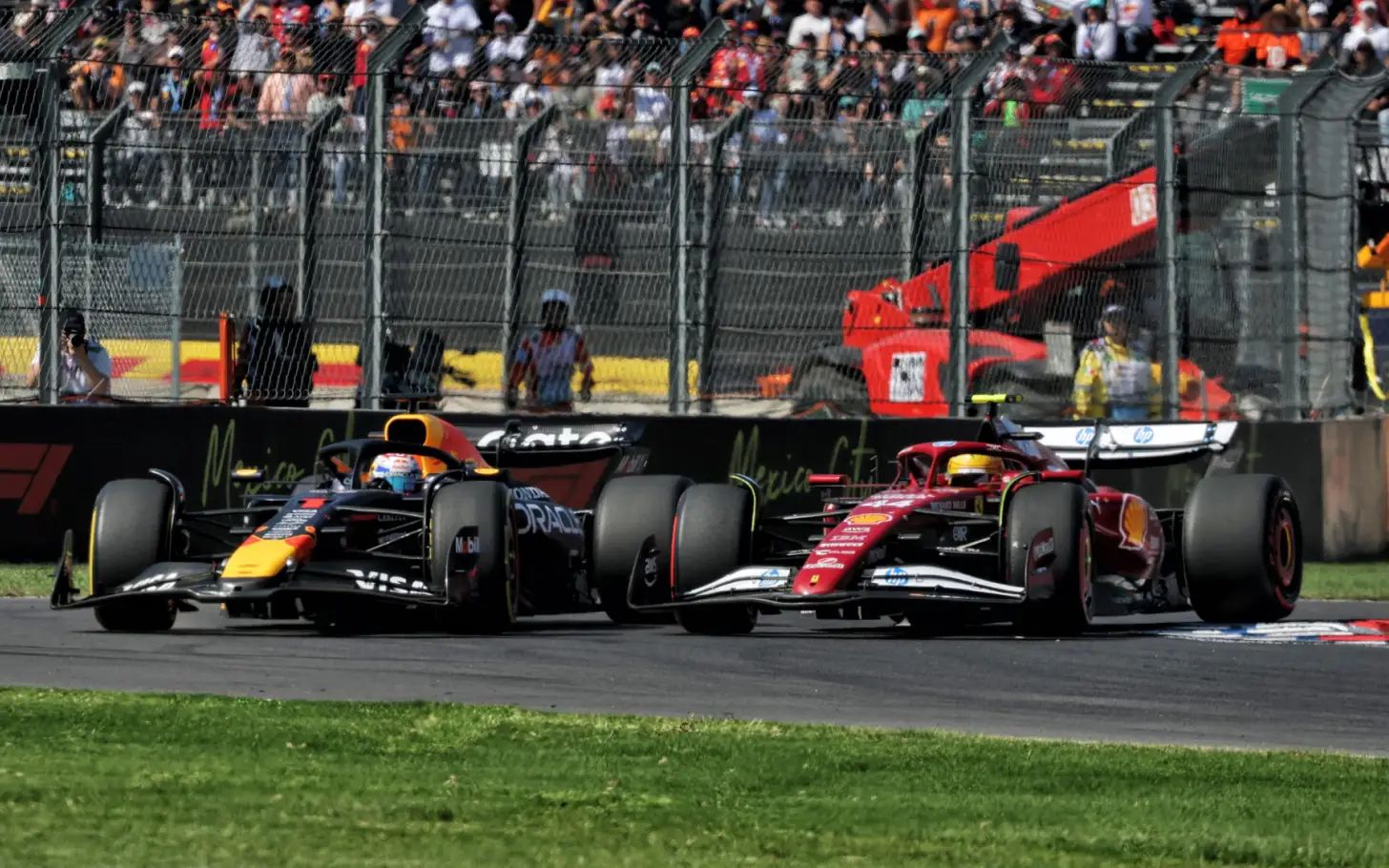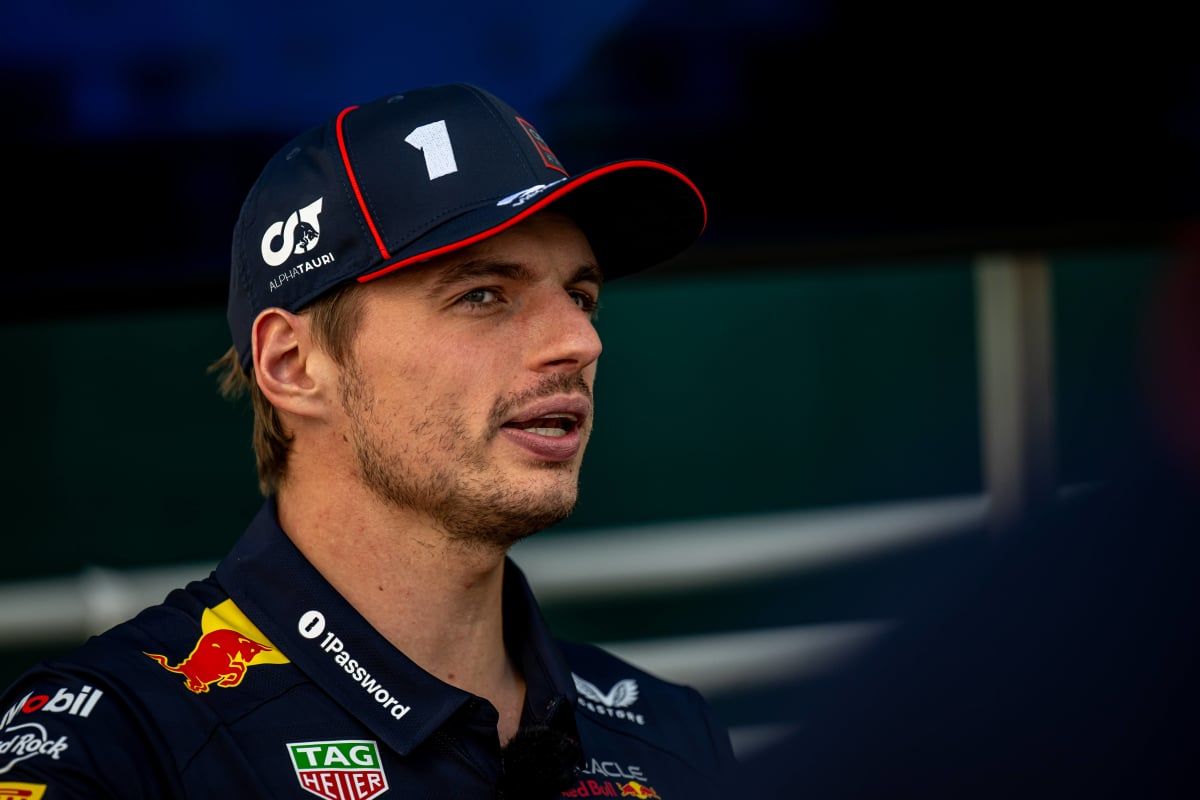Max Verstappen ‘slams’ F1
Red Bull Racing star Max Verstappen has never shied away from expressing his thoughts on how Formula One has evolved, and he’s made it clear that he isn’t fully on board with all the changes. The multiple world champion believes that some aspects of modern F1 have drifted away from what made the sport thrilling in its earlier days, and he wishes the sport would revisit some of its roots.
In a recent interview with Formula1.nl, Verstappen shared that he prefers the more traditional elements of racing and is not particularly fond of many of the new additions to the calendar—especially the rising number of street circuits. “Today, you have to be cautious with what you say, as everything is quickly picked up and shared,” Verstappen stated. “But to put it diplomatically—I’m really not a big fan of street circuits.”
Verstappen argued that in the past, race tracks were designed with gravel traps lining the edges, which he felt provided better racing dynamics and consequences for errors. He reminisced about a time when those features made the tracks more punishing and, ultimately, more rewarding for skilled drivers. “Gravel traps were everywhere, and I honestly think that was a much better setup,” he said.
However, the Dutchman acknowledged that safety standards, particularly those that cater to MotoGP, play a significant role in the disappearance of gravel traps. Circuits are often shared between Formula One and motorcycle racing series, and the safety requirements for the latter are different, sometimes conflicting with the characteristics that F1 drivers prefer. “I understand that Formula One can’t always dictate the layout of these tracks, especially when they are used by other motorsports. But still, I’d have liked to see things done a bit differently,” he explained.
The reigning champion didn’t stop at criticizing circuit design. He also turned his attention to the cars themselves, saying that the current power units have diminished the excitement of the sport, especially when it comes to engine sound. Verstappen, like many longtime fans, feels nostalgic for the days when V8, V10, or even V12 engines roared on the track. “If we went back to those engines, I think we’d all have to start wearing earplugs again,” he joked. “But honestly, that’s part of what made Formula One such a thrilling spectacle—for drivers and fans alike.”
He recalled his childhood, attending races where the thunderous sound of the engines created an intense, immersive experience. “Sure, today’s quieter engines are probably better for our ears, but they don’t stir up the same excitement. For pure passion and atmosphere, the louder engines were unbeatable,” Verstappen added.
Despite his fondness for the older engine types, Verstappen is aware that such a return is unlikely. A recent FIA meeting addressed the idea of bringing back V10 engines, but it concluded that doing so wouldn’t align with Formula One’s sustainability goals and future direction. The sport is currently pushing towards greener, more efficient technologies, which puts a definitive end to the possibility of reintroducing the high-decibel engines of the past.
Verstappen’s comments underline a tension within Formula One: the balance between modern progress and the traditions that built its legacy. While the sport continues to evolve, it’s clear that some of its most prominent stars still yearn for the raw, visceral experience of its earlier days.




